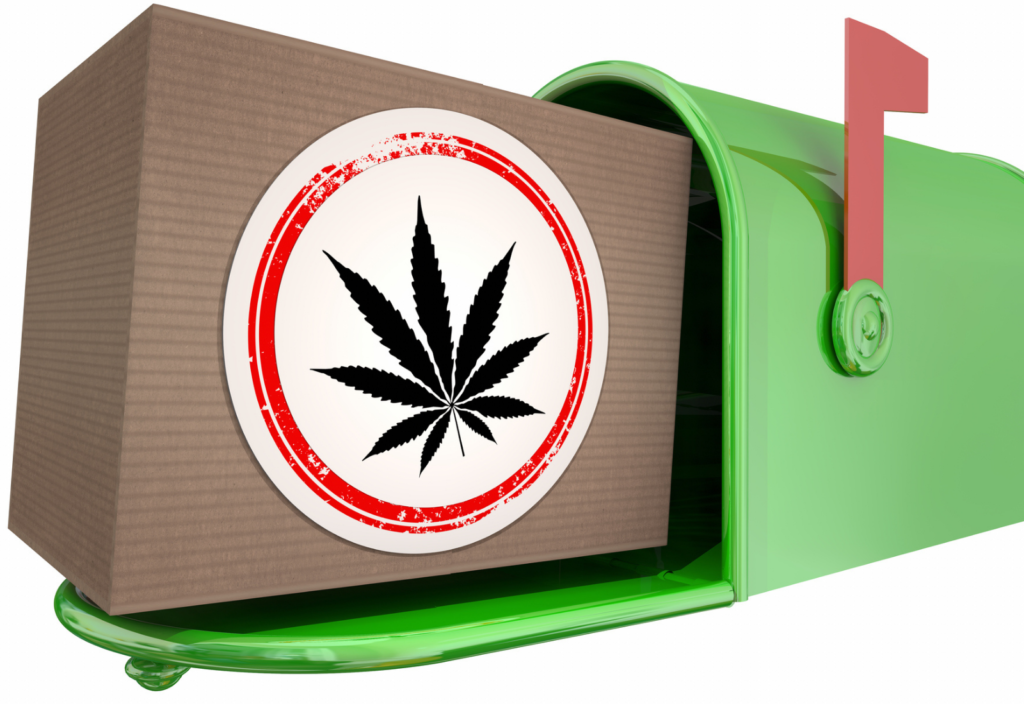Now that the holiday season is upon us, hemp-derived cannabinoid (Hemp Cannabinoid) companies are getting busy selling and shipping their products to consumers throughout the country. In addition to limiting the sale and distribution of their products to jurisdictions where these products are expressly allowed and regulated, Hemp Cannabinoid companies should also familiarize themselves with and ensure compliance with their carriers’ guidelines.
This post provides a brief overview of the policies adopted by the three major U.S carriers, the United States Postal Service (USPS), UPS, and FedEx, and only addresses the mailing of finished Hemp Cannabinoid products intended for human consumption to end use consumers.
USPS Guidelines
USPS authorizes the mailing of packages containing Hemp Cannabinoid finished products, except that of electronic vaping devices, provided certain conditions are met. These conditions are set forth in the USPS’ Postal Bulletin 22579 dated August 26, 2021 (the USPS Guidance) and provide that the mailer must ensure that:
- THC Threshold: Th products meet the 0.3% total THC threshold – note that the USPS guidance erroneously states that the THC concentration is not to exceed a “.03 percent limit”;
- Laws and Regulations: The hemp infused to the finished products was lawfully produced, processed, distributed, and sold under all applicable federal, state, and local laws;
- Domestic: The products are mailed domestically only. The USPS Guidance expressly prohibits international mailing, including items for delivery to overseas military and diplomatic Post Office addresses; and
- Recordkeeping: The sender retains records showing compliance with said laws, such as corresponding certificates of analysis from an accredited laboratory and copies of producer and processor licenses, for no less than a period of three years following the mailing date. While this documentation need not be enclosed to the shipment, it may be requested by the USPS at the time of mailing or at a later time if any question were to arise regarding the legality, and thus, mailability of the products, or concerning the recipient’s ability to lawfully receive the package.
UPS Guidelines
The UPS guidelines provide that:
UPS accepts products made from hemp (including Cannabidiol – CBD) for shipment only as permitted by all applicable state and federal laws. It is the responsibility of the shipper to ensure compliance with all such laws, including the Food, Drug & Cosmetic Act, 21 U.S.C. §321, et seq.
Similarly to USPS, UPS strictly prohibits international shipment of Hemp Cannabinoid finished products as well as the domestic shipment of Hemp Cannabinoid liquid products intended for vaporization, like e-cigarette devices and e-gels. This ban on vaping products applies regardless of nicotine content and even if the shipper or consignee is permitted to ship and receive vaping products under applicable laws or regulations.
It is also worth pointing out that the private carrier’s guidelines mention that UPS will not accept shipment containing Hemp Cannabinoid finished products from any location that sells marijuana or marijuana products.
FedEx Guidelines
Like its competitors, FedEx allows the shipment of Hemp Cannabinoid finished products that contain no more than 0.3% total THC. Although FedEx does not expressly mandate that shippers ensure the products meet all applicable federal, state, and local laws or that they maintain records, the private carrier’s guidelines contain a list of prohibited shipments. Banned products/substances include:
- Marijuana, as defined by U.S. federal law, 21 U.S.C. 802(16), including marijuana intended for recreational or medicinal use and marijuana-derived cannabidiol (CBD);
- Any product with a delta-9-tetrahydrocannabinol (THC) concentration of more than 0.3 percent on a dry weight basis, except as set out in 21 CFR 1308.35; and
- Synthetic cannabinoids.
In sum, Hemp Cannabinoid companies should not ignore these carriers’ guidelines, which overall, are fairly simple to follow and can help reduce the risk of enforcement actions. This should help ensure that the next few weeks really are the most wonderful time of the year.
























